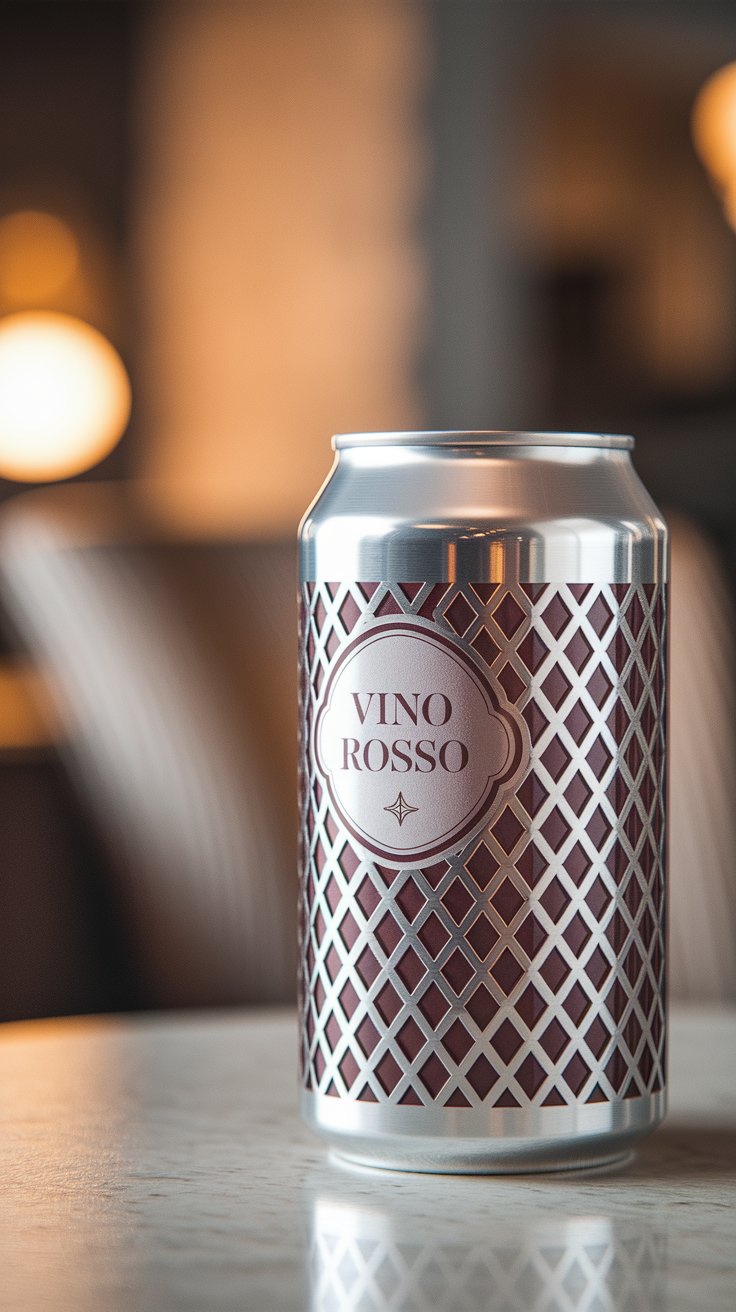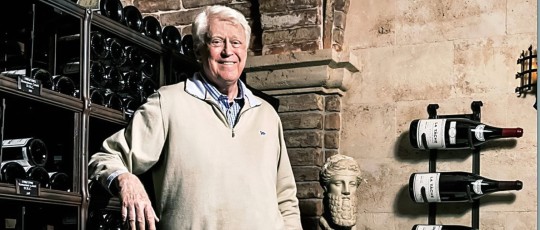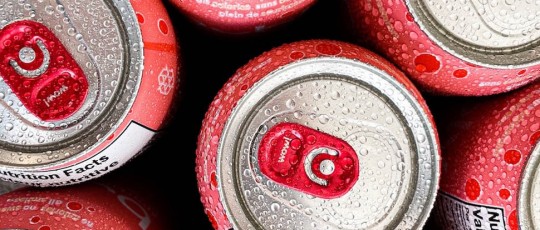Let's take a look at the advantages and disadvantages of canned wine, which is becoming increasingly popular today: Decanter expert Eliza Dumais has her say
The opinion
"For the sake of honesty, I must admit: personally, I am of the opinion that almost no one among potable fluids tastes better in a can. But the argument is not only about taste: if we are talking about wines, a whole series of valuable rituals are lost by giving up goblet and bottle". Putting the criticalities of “bag-size” packaging black on white is Decanter columnist Eliza Dumais, who in this article notes how the spread of the phenomenon is increasingly widespread, investing in drinks of all sorts (from martinis to Kombucha to cold brew: not just spirits). According to data from Straits Research, the global canned drinks market has been valued at $11.23 billion in 2023 and is expected to reach at least $55.82 billion in 2032
But what are the expert's objections?

The disadvantages of wine in a can...
First and foremost, Dumais points to the loss of familiar habits, such as bringing a label as a gift if you are a guest at dinner or the very act of removing the cork: “I think it was Plato who said that although corks and screw caps are both good, it is always better to opt for the former. Let alone what he would have thought of the aluminum tab." Secondly, making use of aluminum containers undermines the aging process and the aromatic expression of the wine. Finally, “sulfites can react with metal compounds, which in turn release hydrogen sulfide, thus generating an unpleasant rotten egg smell.”
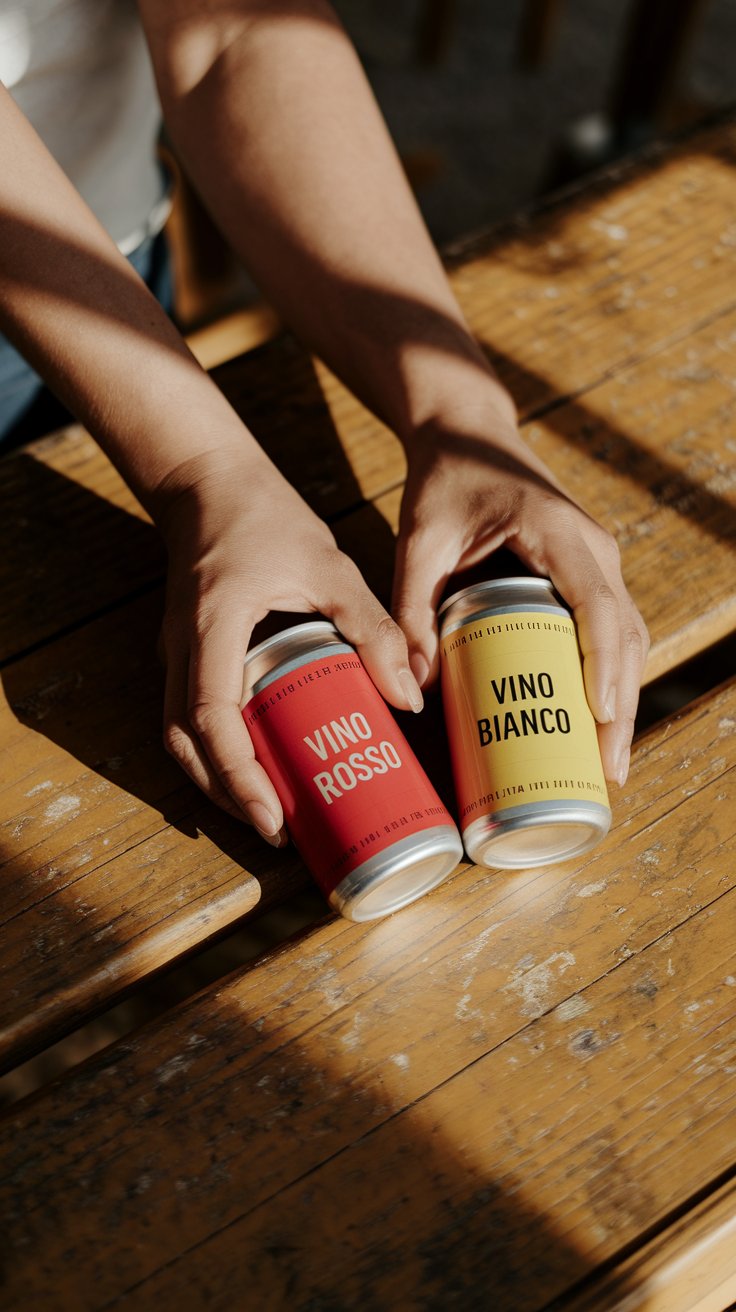
...and advantages
On the other hand, it must be said that cans satisfy “solo drinkers” with convenient single-serving kits, are easily transportable because of their low weight (which reduces fuel, as well as the associated pollution rate, for shipping) and are more affordable on the price front than glass. And on the environmental front? Data in hand, The Aluminium Association notes, for example, that aluminum cans are recycled just over 50 percent in the U.S., while glass bottles stop 39 percent.
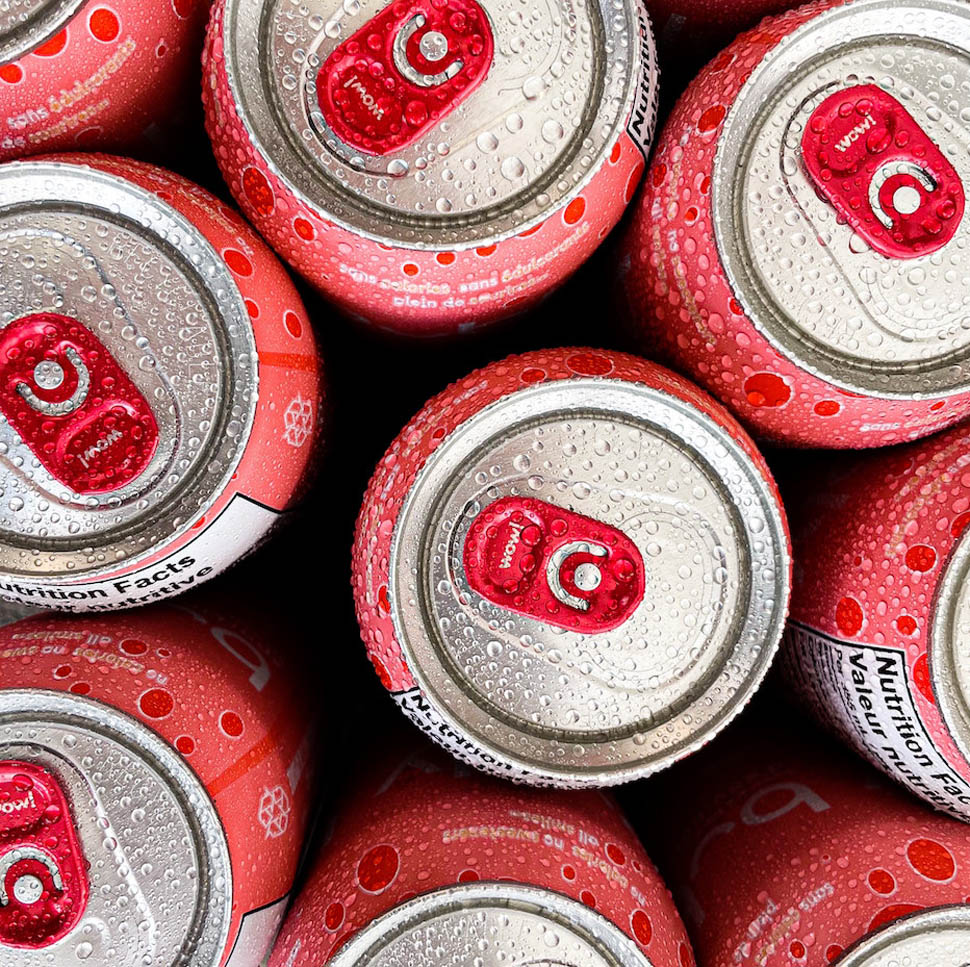
The integration of the two systems
So, how to untangle the knot of pros and cons? Perhaps the solution is just to contextualize, considering that it is unlikely that many types of wine will be served in cans in the future: distinctions will have to be made. "The DRC auction house is not going anywhere. Grower Champagne will live on. Burgundy and Moselle will continue to produce bottles of liquid gold,", Dumais concludes. So much for the metal's supporters.
